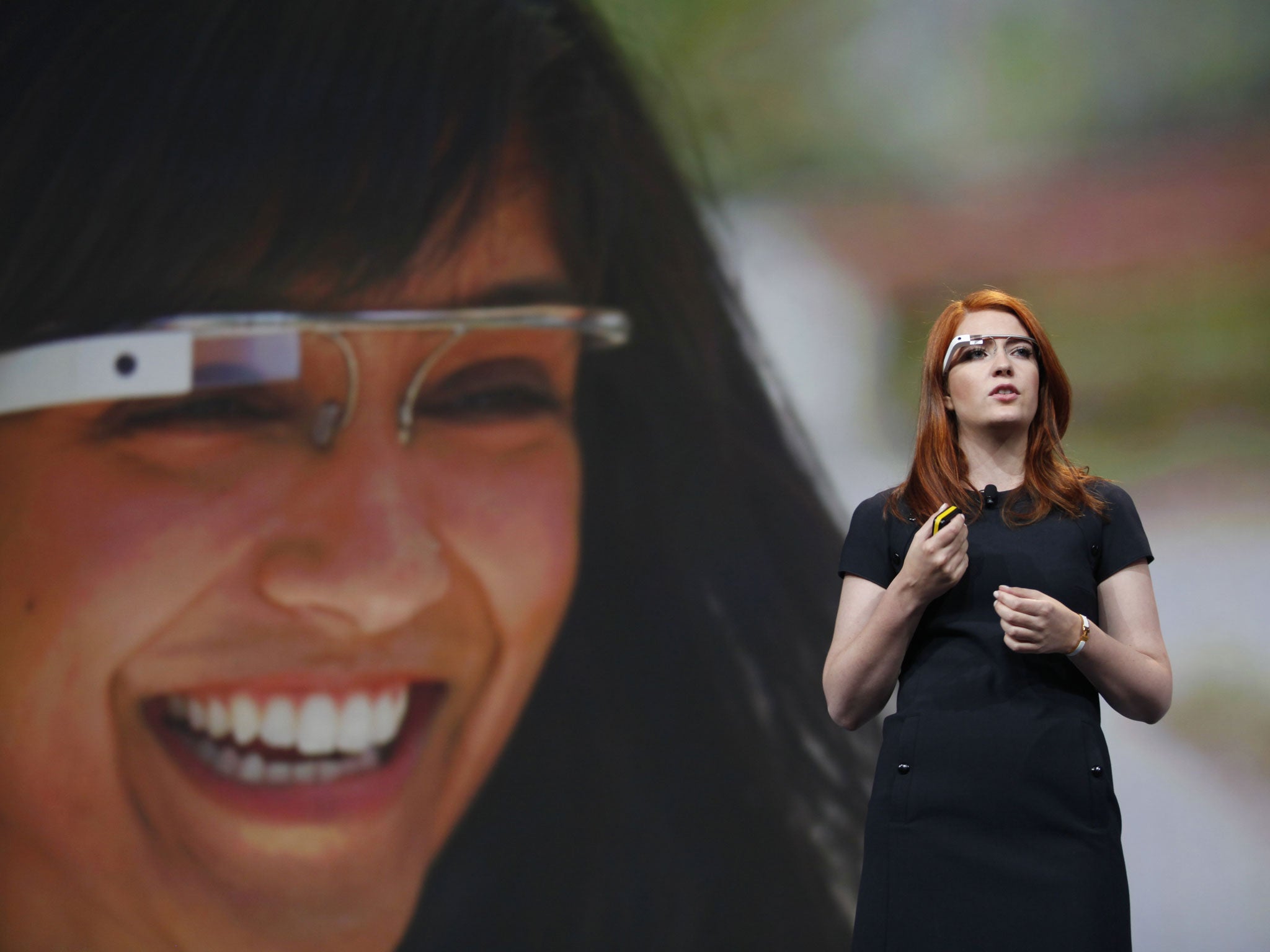Google Glass will make 'privacy impossible' warn 'Stop The Cyborgs' campaigners
'Stop The Cyborgs' are calling for limits on when the headsets can be used along with guidelines to inform the public when they are being filmed

Google Glass and other similar wearable types of technology will create a world where 'privacy is impossible', a London-based campaign group has warned.
'Stop The Cyborgs' are calling for limits on when the glasses can be used - along with guidelines to inform the public when they are being filmed.
Speaking to the BBC one of the campaigners stressed that their aim was not bring about a ban on the technology but instead they want people to: "actively set social and physical bounds around the use of technologies and not just fatalistically accept the direction technology is heading in".
On its website the campaign group, which was formed in February, says its aim is to "Encourage individual people to think about the impact of new technologies, to set bounds on how technologies are used (and) proactively negotiate their relationship with the future. We want people to be selective adopters."
The group's website features downloadable Google Glass 'ban signs', which the group encourage readers to put up "to ban people from wearing Google Glass to help protect your privacy."
Issues surrounding privacy in relation to Google Glass are already being hotly debated ahead of the expected launch of the technology in 2014.
The 5 Point Cafe in Seattle has famously already banned the use of Google Glass posting a sign for patrons reading 'a** kickings will be encouraged for violators' of the rule.
The owner of the cafe later, however, admitted to Forbes that the ban was mostly a PR stunt.
Elsewhere objections to the use of Google Glass are more serious.
Lawmakers in West Virginia are already campaigning to prohibit motorists from wearing the glasses - which are essentially a wearable computer with a heads-up display - when operating a vehicle.
Legislature Republican Gary G Howell told CNET: "It is mostly the young that are the tech-savvy that try new things. They are also our most vulnerable and underskilled drivers. We heard of many crashes caused by texting and driving, most involving our youngest drivers. I see the Google Glass as an extension."
Last month Google co-founder, Sergey Brin hit the headlines when during a TED talk, in part on Google Glass, he described Smartphones as 'emasculating'.
"You're standing around and just rubbing this featureless piece of glass," he said.
Google responded to the potential privacy controversy by telling the BBC that: "We are putting a lot of thought into how we design Glass because new technology always raises important new issues for society."
"Our Glass Explorer program will give all of us the chance to be active participants in shaping the future of this technology, including its features and social norms."
Join our commenting forum
Join thought-provoking conversations, follow other Independent readers and see their replies
Comments
Bookmark popover
Removed from bookmarks